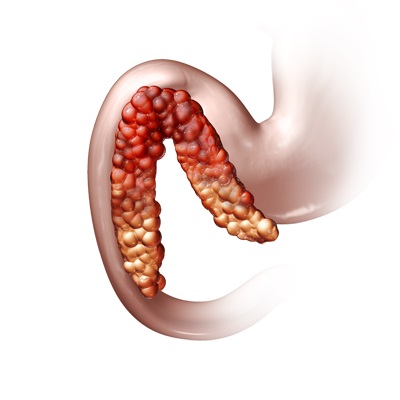Acute Pancreatitis

Pulmonary edema refers to the condition which is caused by the presence of excessive fluid in the lungs. The fluid builds u in the air sacs and causes difficulty in breathing to the patient. The symptoms of pulmonary edema include shortness of breath, suffocation, wheezing, and exercise intolerance.
Causes of pulmonary edema can be of two types
- Cardiogenic
- Non-cardiogenic
Cardiogenic edema is related to the heart and usually results due to congestive heart failure while non-cardiogenic edema is caused by trauma to the lungs, underlying inflammation processes such as sepsis and pancreatitis, infections, lung lobe torsion, and airway obstruction. Chest x-rays and physical examination may be done to diagnose pulmonary edema. Treatment of the disease varies with the cause of the pulmonary edema. Your vet may prescribe diuretics and preload reducers to remove the excess fluid and pressure from the lungs. Oxygen therapy can also help which is advised along with treating the underlying causes of the disease.
Patients with pulmonary edema improve with oxygen therapy and medications to encourage fluid removal from the lungs. Along with the treatment for pulmonary edema, dog should be checked and treated for the actual cause of the problem. For example if it is due to any heart disease, a specific therapy should be started for heart disease.
